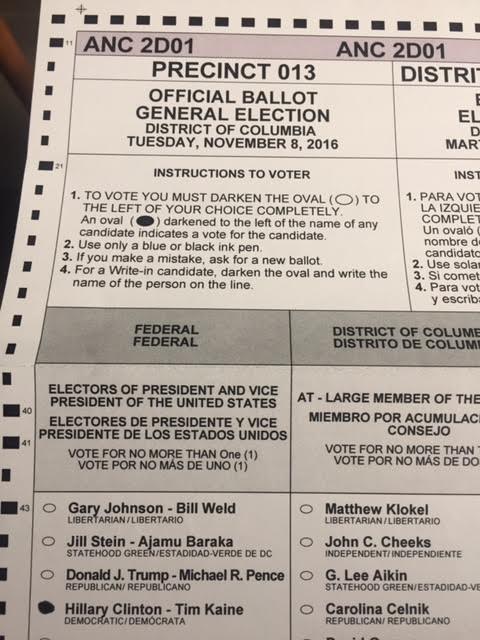Tags
2017 Inaugural Address, President Donald J. Trump, Trump Inaugural Address, Trump's Plans & Promises
I listened to President Trump’s Inaugural Address, in part to be able to have one marker by which it would be possible to judge his presidency: what he wanted to do with his time in office.
Below are 27 plans and promises he made in his speech just after he was sworn into office at noon, Jan. 20, 2017.
While some of these statements are quite general, it is good that Pres. Trump has also given the country some pretty specific commitments.
I will keep them in front of me and focus on those and not on tweets, fake news, or alternative truths.
Trump’s Plans/Promises
- Great national effort to rebuild our country and to restore its promise for all of our people.
- We will determine the course of America and the world for years to come.
- We will get the job done.
- We are transferring power from Washington, D.C. and giving it back to you, the American People.
- What truly matters is not which party controls our government, but whether our government is controlled by the people.
- The forgotten men and women of our country will be forgotten no longer.
- This American carnage stops right here and stops right now. (Great schools for their children, safe neighborhoods for their families, and good jobs).
- The oath of office I take today is an oath of allegiance to all Americans: it’s going to be America First.
- Every decision on trade, on taxes, on immigration, on foreign affairs, will be made to benefit American workers and American families.
- We must protect our borders from the ravages of other countries making our products, stealing our companies, and destroying our jobs.
- We will bring back our jobs. We will bring back our borders. We will bring back our wealth. And we will bring back our dreams.
- We will build new roads, and highways, and bridges, and airports, and tunnels, and railways all across our wonderful nation.
- We will get our people off of welfare and back to work – rebuilding our country with American hands and American labor.
- We will follow two simple rules: Buy American and Hire American.
- We will seek friendship and goodwill with the nations of the world – but we do so with the understanding that it is the right of all nations to put their own interests first.
- We will reinforce old alliances and form new ones – and unite the civilized world against Radical Islamic Terrorism, which we will eradicate completely from the face of the Earth.
- At the bedrock of our politics will be a total allegiance to the United States of America, and through our loyalty to our country, we will rediscover our loyalty to each other.
- We must speak our minds openly, debate our disagreements honestly, but always pursue solidarity.
- We will be protected by the great men and women of our military and law enforcement.
- Our country will thrive and prosper again.
- To All Americans: You will never be ignored again.
- Your voice, your hopes, and your dreams will define our American destiny. And your courage and goodness and love will forever guide us along the way.
- Together, We will make America strong again.
- We will make America wealthy again.
- We will make America proud again.
- We will make America safe again.
- Together, we will make America great again.




